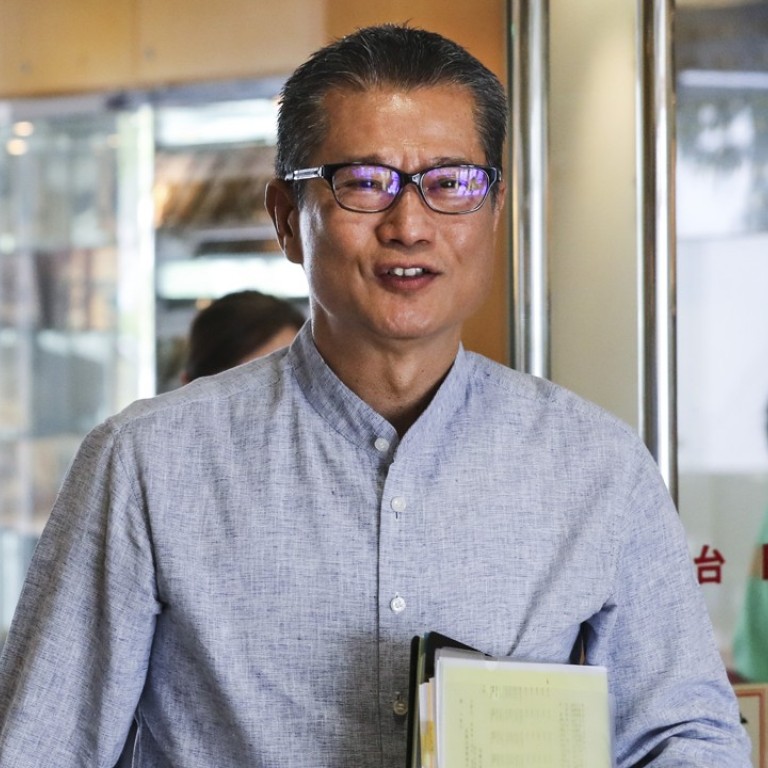
Cash-rich financial chief must set out vision for a fairer Hong Kong
Paul Chan may have already dampened hopes of sweeteners in his budget, but funds should be used to address inequality, health and an ageing population
The financial secretary’s pre-budget ritual of managing expectations is not made easier by overflowing coffers. Paul Chan Mo-po has run into a growing clamour for cash handouts, prompted by news of a projected record annual surplus approaching HK$160 billion. He has, rightly, not encouraged hopes for sweeteners and made clear a preference for targeted relief measures and investment.
Chief Executive Carrie Lam Cheng Yuet-ngor has said the government needs “prudent financial management”, at the risk of echoing the past refrain of hoarding surpluses for a “rainy day”, resulting in fiscal reserves far in excess of reasonable provision for a crisis.
Meanwhile more than 1.3 million people are living below the poverty line of half the median household income and Hong Kong is woefully ill-prepared for the health and elderly care demands of a rapidly ageing population. In a city whose finances are the subject of global envy, this cannot continue. They have to be put to work for a fairer society and a competitive future as well as a rainy day.
The surplus is generated mainly by revenue from hot property and share markets, both unreliable sources of income from a narrow tax base that exacerbates a dangerous wealth gap rather than lifts people out of poverty. Instead of hoarding or squandering it, Chan needs to channel sentiment towards more visionary investment.
The budget has to tackle manifestations of a structural wealth gap, such as socially and economically wasteful educational inequality, and a health and aged care structure stressed by the current flu outbreak, let alone the unstoppable march of an ageing population.
Rather than handouts, money can be better spent, for example, on educational equity for low-income families, which is critical to breaking the debilitating cycle of intergenerational poverty. It could be used for buying computers and to pay for extracurricular activities that are beyond these families’ means. The government needs to use its windfall on such initiatives to lift people up, otherwise economic and social inequality will feed into political instability.
To combat the medical costs of ageing, we should be prepared to study and invest in various means of incentivising people to take better care of their health, and at providing more sports and recreational facilities for exercise instead of destroying them for development. Ultimately, however, the medical and care needs of an ageing society have to be faced on the front line of a health system seriously short of doctors and nurses, and struggling to deliver adequate services.
It is imperative for Chan to articulate a vision for dealing with real issues such as the wealth gap, inequality of opportunity and ageing, not to mention the need to continue redoubling investment in innovation and research if the city is to be a competitive, fair society.

